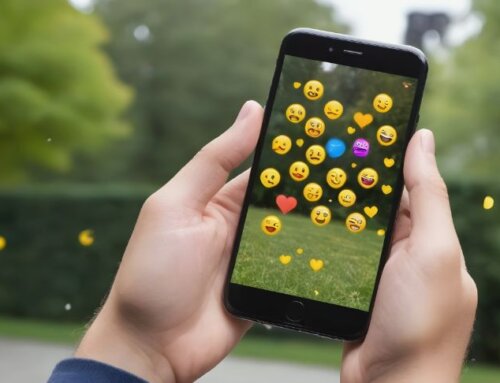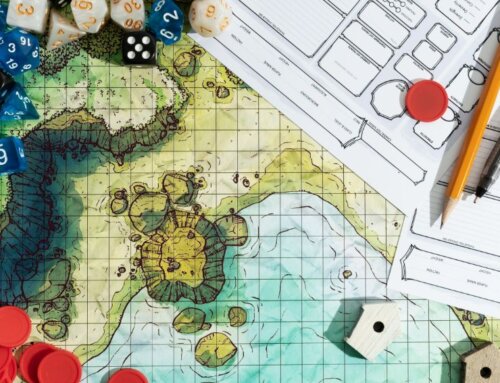If you’ve ever wondered about the hidden depths of your favorite games, DLC holds the key to unlocking new adventures.
The concept of DLC has transformed the gaming landscape, offering players a chance to expand their virtual worlds beyond the initial boundaries.
But what exactly does DLC entail, and how has it reshaped the gaming experience? Let’s explore the intricate web of downloadable content, from its origins to its impact on modern gameplay.
Key Takeaways
- DLC in games refers to downloadable content offering new levels, characters, and storylines.
- DLC enhances player engagement with diverse experiences and personalization options.
- Live-service models and season passes extend game lifespan and enrich player experiences through updates.
- DLC impacts player community building, sharing experiences, and strategies for enhanced gaming.
Definition of DLC in Games
Downloadable Content (DLC) in games refers to additional features that players can download to enhance their gaming experience beyond the base game’s content.
The evolution of content through DLC has revolutionized the gaming industry, offering players a myriad of benefits. These additional features can range from new levels, characters, items, storylines, and more, adding depth and longevity to games.
Players benefit from DLC by having the opportunity to extend their gameplay experience, explore new challenges, and immerse themselves further in the game’s world.
The availability of DLC, whether free or paid, has become a common practice, providing developers with a means to continually engage their player base and generate additional revenue.
Embracing DLC has reshaped how players interact with and enjoy their favorite games, enhancing overall satisfaction and entertainment value.
Evolution of DLC in Gaming
The transformative progression of downloadable content (DLC) within the gaming industry has reshaped player experiences and redefined the way games are enjoyed. Originally starting with physical disks, the concept of DLC has evolved towards digital distribution methods, allowing developers to provide continuous updates and expansions to their games.
This shift has enabled a more seamless integration of additional content, offering players new and diverse experiences beyond the initial release. From free updates to paid expansions, DLC now comes in various forms and price points, catering to different player preferences.
With the rise of live-service models in multiplayer games and the introduction of season passes, DLC has become a fundamental aspect of modern gaming, enriching player engagement and extending the lifespan of games through ongoing content updates.
Impact of DLC on Players
Players experience a diverse range of impacts from engaging with downloadable content (DLC) in games. DLC can significantly enhance player engagement by offering new levels, characters, and storylines, extending the lifespan of a game.
Additionally, cosmetic upgrades in DLC allow players to personalize their in-game experience, adding a layer of enjoyment. Moreover, DLC plays a crucial role in community building among players, as those who delve into the additional content often share experiences, tips, and strategies, fostering a sense of camaraderie.
The impact of DLC on players is subjective, depending on personal preferences and the quality of the content provided. Ultimately, DLC not only enriches the gaming experience but also contributes to a more connected and engaged player community.
Popular Examples of DLC
Several renowned video games have set a high standard in the gaming industry by offering captivating downloadable content (DLC) that enriches the overall gameplay experience. These DLCs not only enhance player engagement but also provide a wide range of content variety.
Games like ‘The Witcher 3: Wild Hunt’ with its DLC ‘Hearts of Stone’ and ‘Fallout 4’ with ‘Far Harbor’ showcase how story expansion through DLC can keep players immersed for hours. Titles such as ‘Destiny 2’ and ‘Assassin’s Creed Odyssey’ have successfully incorporated community feedback into their DLCs, delivering new campaigns, areas, and storylines.
Additionally, ‘Dark Souls 3’ with ‘Ashes of Ariandel’ demonstrates how DLC can contribute by introducing challenging bosses and unique weapons, further enriching the gaming experience.
Monetization Strategies for DLC
When considering monetization strategies for DLC, developers must carefully craft compelling content that strikes a balance between player engagement and sustainable revenue generation. By offering season passes, cosmetic items, expansion packs, and in-game currency, developers can cater to different player preferences while ensuring ongoing revenue streams.
The inclusion of microtransactions within DLC further enhances revenue potential by allowing players to purchase in-game advantages or items for real money. Successful monetization strategies not only focus on maximizing revenue but also prioritize maintaining player engagement to foster a positive gaming experience.
Striking this delicate balance is crucial for developers to ensure the longevity and profitability of their DLC offerings while keeping players invested in the additional content being provided.
Criticisms Towards DLC
Critics of downloadable content (DLC) often raise valid concerns regarding its impact on the gaming industry and player experience. Some gamers argue that DLC may withhold essential content from the base game, leading to incomplete experiences and a sense of being short-changed.
Additionally, there are worries about developers prioritizing DLC profits over delivering full and polished games to players. The accusation of pay-to-win scenarios in multiplayer games due to DLC purchases has caused significant backlash within the gaming community.
Furthermore, the implementation of loot crates in DLC has faced scrutiny for resembling gambling mechanics, which can be harmful, especially to vulnerable players. The association of DLC and microtransactions with issues of video game addiction and excessive spending further fuels the criticisms towards this monetization model.
Future Trends in DLC for Games
The evolution of downloadable content (DLC) in games is poised to embrace innovative trends that will revolutionize player experiences and reshape the gaming landscape.
Future DLC trends are likely to focus on cross-platform collaboration, enabling seamless access to content across various devices. This shift towards compatibility aims to enhance player convenience and foster a more interconnected gaming community.
Moreover, the integration of virtual reality (VR) and augmented reality (AR) elements into DLC will provide players with even more immersive experiences, blurring the lines between the virtual and real worlds.
Conclusion
In conclusion, DLC in games has revolutionized the way players experience and interact with their favorite titles.
With the ability to continuously expand upon the base game, developers can keep players engaged and invested in the game for longer periods of time.
While some may argue about the monetization strategies or criticisms towards DLC, the future trends in this aspect of gaming show no signs of slowing down, offering endless possibilities for both developers and players alike.
Related articles:






Leave A Comment